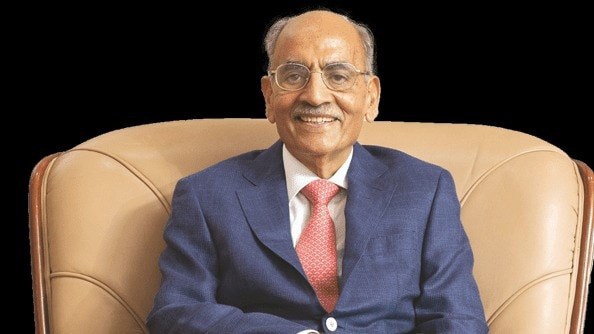NEW DELHI, (Reuters) – Indian police are investigating an elaborate scam that swindled a prominent businessman out of $830,000 by summoning him to a fake online hearing before India’s Supreme Court and making a threat of jail which caused him transfer the funds.
While digital and online frauds are increasingly common in India, a police official in northern state of Punjab told Reuters on Monday that duping someone by holding a purported Supreme Court session was unheard of.
Details of the case emerged after police said on Sunday they arrested two people on the complaint of S.P. Oswal, the 82-year-old chairman of India’s Vardhman Group.
Oswal said fraudsters posing as federal investigators approached him as a suspect in a money laundering case. They also organized an online court hearing where someone impersonated India’s Chief Justice D.Y. Chandrachud and then he was ordered to deposit his funds in an account as part of the investigation.
“They made a Skype call regarding the court hearing … as per a Supreme Court order I was directed to release all my funds to into a secret supervision account,” Oswal told police authorities, according to a case document Reuters reviewed on Monday.
The Supreme Court’s registrar and Chandrachud’s office did not respond to Reuters queries. Oswal also did not respond.
Police on Monday said they had recovered $600,000 from the accused, saying it was considered to be India’s largest recovery so far in such cases.
Oswal’s case documents said he was threatened with a so-called digital arrest, a rising trend in India where scammers interrogate people on video calls and blackmail them into making payments for violations of the law that they never committed.
India’s government in May warned the public that a rising number of cases of “digital arrests” were being reported where cyber criminals sometimes wear police uniforms and pose as law enforcement officers from studios modeled on police stations or government offices. More than 1,000 Skype IDs involved in such activities had been blocked.
Oswal is one of the most high-profile figures to have been embroiled in such a scam. He leads a five-decade-old textile company which has a turnover of $1.1 billion and a presence in more than 75 countries.









